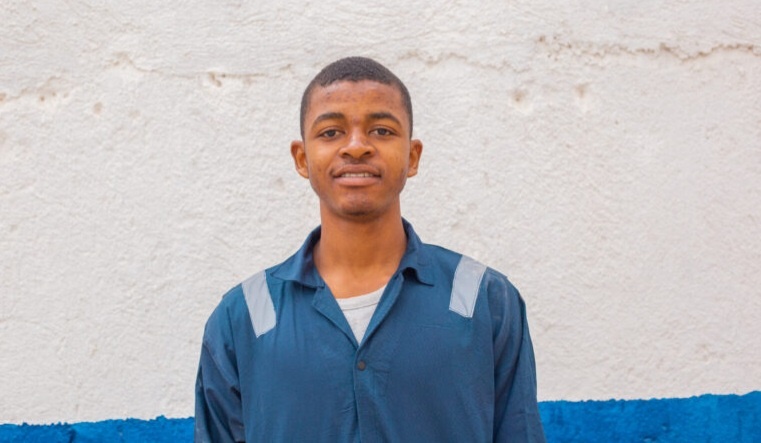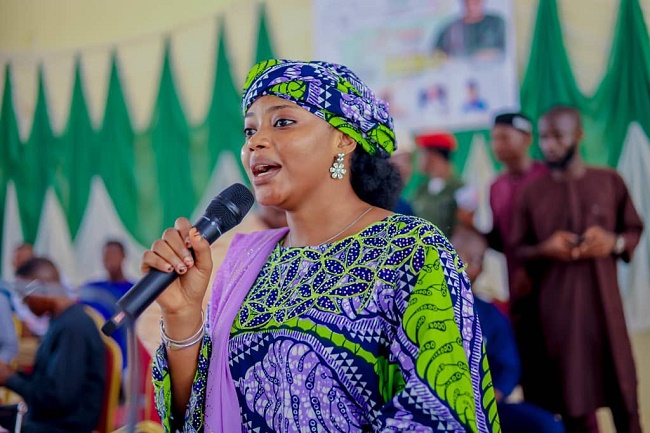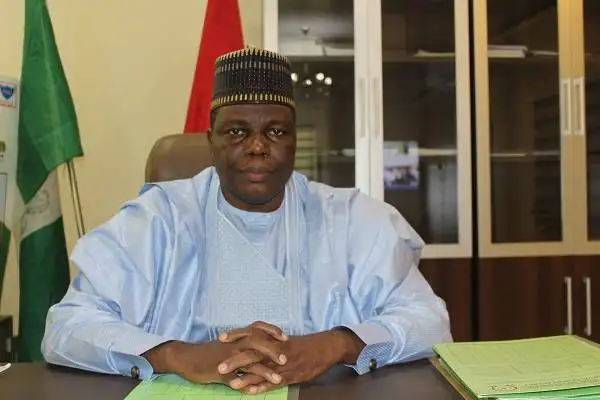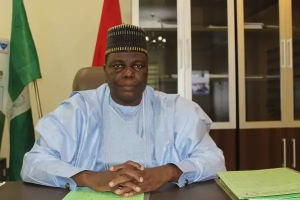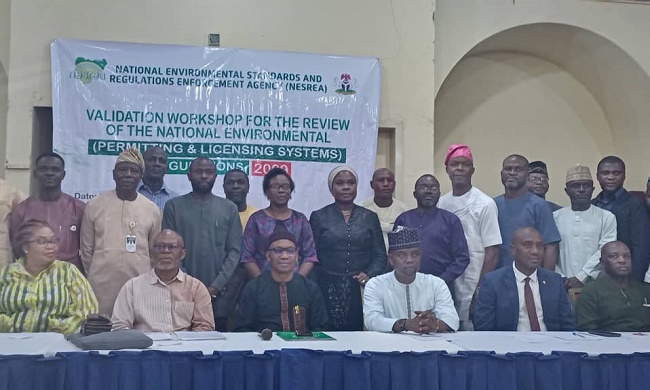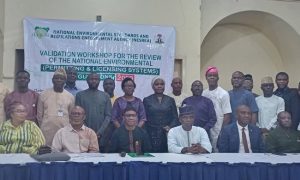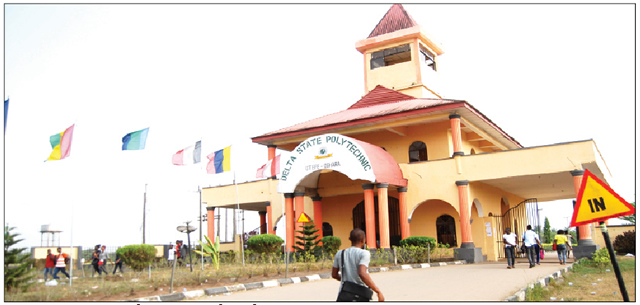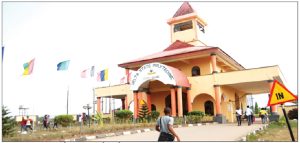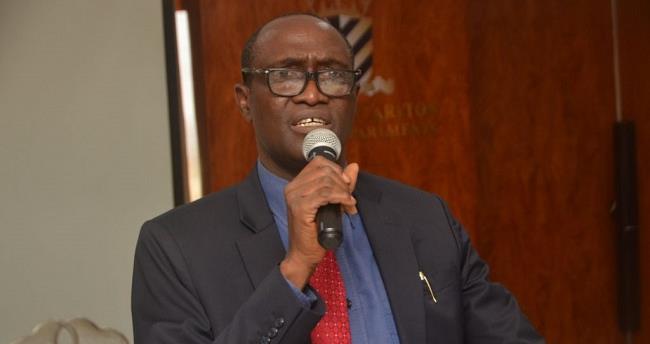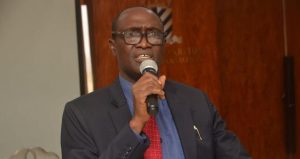Wild Africa has called for better protection for the remaining and declining elephant population in Nigeria.

Mr Festus Iyorah, Wild Africa Representative, who said this in a statement on Monday, August 12, 2024, in Lagos, said elephants in Nigeria were facing growing survival threats.
“Over the past 30 years, the population has declined from an estimated 1,200 to 1,500 elephants two decades ago, to about 300 to 400 elephants today,” Iyorah said.
Iyorah quoted Dr Mark Ofua, Wild Africa West Africa Representative, as saying that these majestic animals were being lost.
“On World Elephant Day, we acknowledge how sad it is that we are losing these majestic animals that once roamed freely across our savannas and forests.
“Poaching for ivory and habitat destruction have reduced their population and are pushing them to the brink of local extinction in Nigeria.
“But if implemented, the National Plan should stabilise their numbers,” he said.
He said that habitat loss could lead to human-elephant conflict, which occurred when people clashed with elephants due to crop raiding or property damage.
According to him, Elephants are predominantly found within or near protected areas in Nigeria, with only 10 per cent of them residing outside of these spaces.
He noted that two species of elephants, savannas and forest, are found in Nigeria, with the largest herd, about 100 individuals in Yankari Game Reserve in Bauchi State.
He added that Elephants exist across several sites in the southern region, including the Cross River National Park.
Iyorah expressed Wild Africa commendation on Nigeria’s first-ever National Elephant Action Plan for 2024 to 2034.
He explained that NEAP was prepared by Wildlife Conservation Society and the Elephant Protection Initiative Foundation oon behalf of the Federal Government.
He said that NEAP if implemented would reduce the dramatic rate of decline of elephants in the country.
According to him, this will be achieved by boosting monitoring while combating illegal ivory trade through harmonised state and Federal wildlife laws and enhanced law enforcement.
He added that NEAP would maintain elephant habitats through land-use planning.
He said it would create wildlife corridors to mitigate conflicts with communities, increase public awareness and community-shared economic benefits generated by tourism.
He said the plan would enhance scientific knowledge and understanding of elephants to better inform efficient strategies and strengthen regional cooperation with neighbouring countries.
He said that Wild Africa had been actively supporting the Nigerian government’s efforts to fight illegal wildlife trafficking and improve its wildlife laws through the following.
“The Endangered Species Conservation and Protection Bill alongside Africa Nature Investors Foundation.
“Others included the London-based Environmental Investigation Agency with support from the UK Illegal Wildlife Trade Challenge Fund and the US Bureau of International Narcotics and Law Enforcement Affairs.”
He noted that the bill (NEAP) passed its second reading in May in the Nigerian House of Representatives.
“It is scheduled for a public hearing and later a third reading.
“The bill will further disrupt and deter illegal wildlife trade, including elephant ivory, within the country.
“By enhancing law enforcement capabilities, increasing investigative powers to include financial enquiries and intelligence-led operations, and expanding courts’ ability to expedite wildlife cases and recover assets,” he said.
He added that it would create corporate liability, support international cooperation, and impose stringent penalties for traffickers and poachers.
He quoted Peter Knights, Wild Africa Chief Executive Officer, as saying that it would be tragic and harmful to develop wildlife-related tourism with the loss of elephants.
“Passing the new Endangered Species Conservation and Protection Bill currently awaiting hearings, would be the first step to ensure this doesn’t happen,” he said.
August 12 is set aside annually to mark the World Elephant Day.
By Fabian Ekeruche




